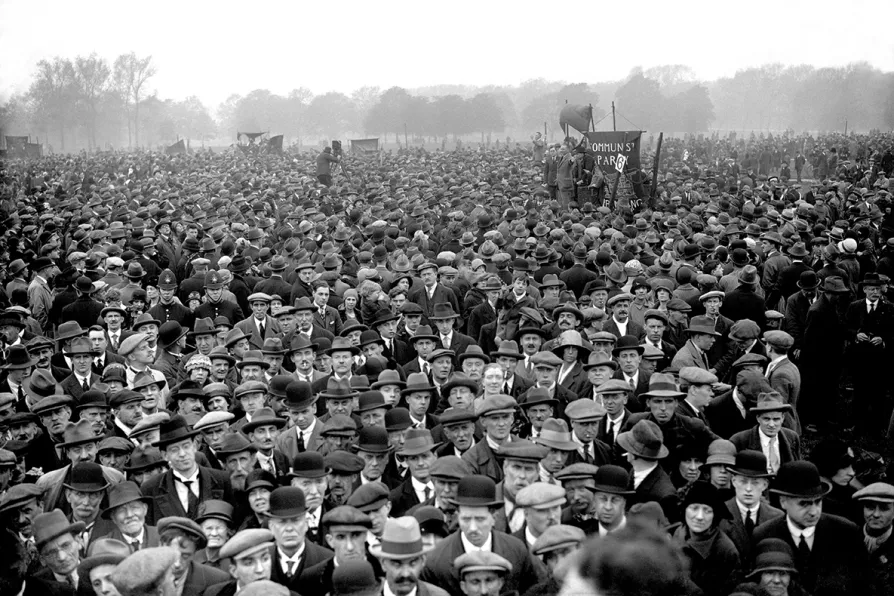RAINER RUPP examines former CIA analyst Larry Johnson’s description of the US operation to kidnap Nicolas Maduro as a tactically successful but strategically disastrous move, with shades of Bush’s disastrous intervention in Iraq
Madam Thring, the ‘hypnotic’ red rebel rabble rouser for direct action
From swimming pool soviets to piano factory occupations, early 20th-century radical organiser Lillian Thring chose street battles and mass action over the electoral path, writes MAT COWARD

 A massive gathers in Hyde Park for a meeting during the the 1926 General Strike
A massive gathers in Hyde Park for a meeting during the the 1926 General Strike
WHAT would you do if a mysterious woman with hypnotic eyes told you to occupy a piano factory, a swimming baths or a public library? Well, what could you possibly do, other than obey?
Lillian Harris, born in London in 1887, was a shop assistant and suffragist who moved to Australia in her mid-twenties and there became involved with various revolutionary movements, notably the Industrial Workers of the World (the “Wobblies”), earning a reputation as a fine public speaker.
She married a man named Thring, and the couple relocated first to Khartoum and then, with their young son, back to London, where Lillian joined Sylvia Pankhurst’s campaign for peace and universal suffrage.
Similar stories

MAT COWARD introduces the creator of the Good Food Guide, communist and crime fiction writer – Raymond Postgate

MAT COWARD recalls the communist and pacifist aristocrat whose commitment made a difference in the Spanish civil war, the Blitz and WWII Europe

MAT COWARD remembers when the Conservative HQ at the Carlton Club got engulfed in some street-based class warfare

MAT COWARD tells of a pioneering suffragette and one of the first direct actionists, who’s commemorated in a street name in Swindon










